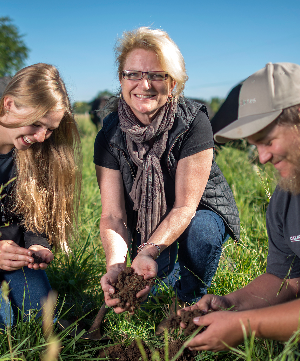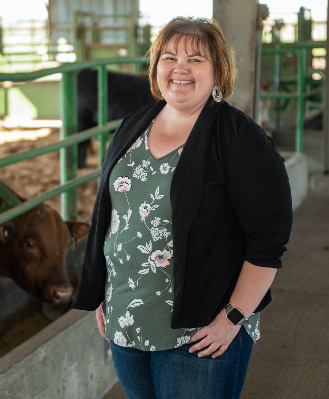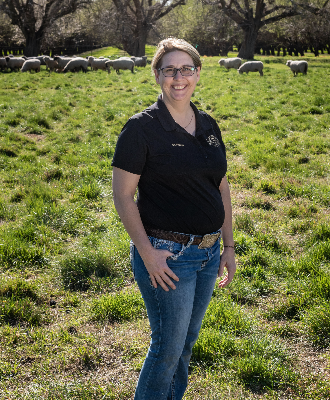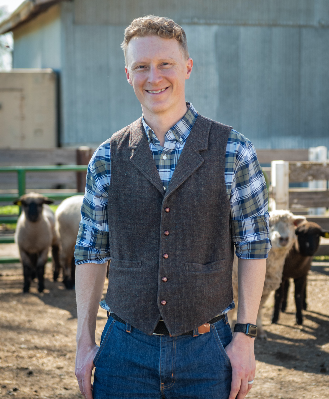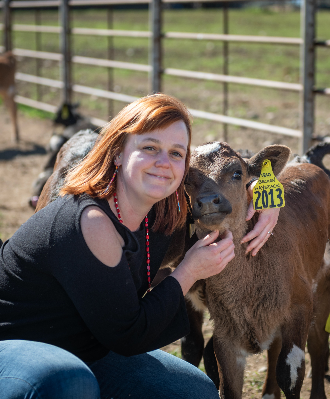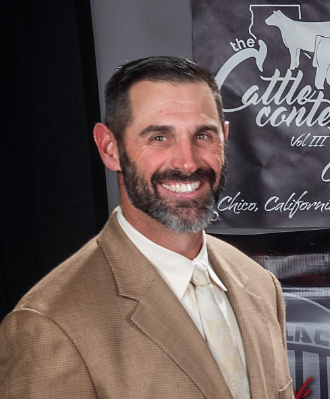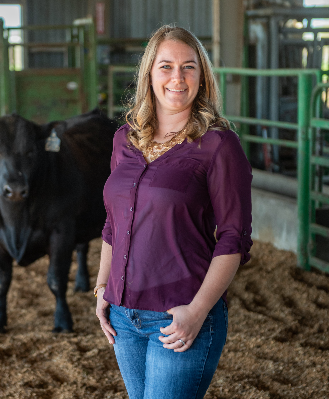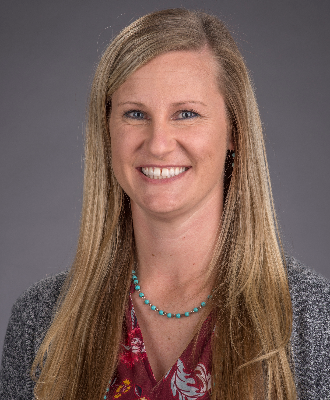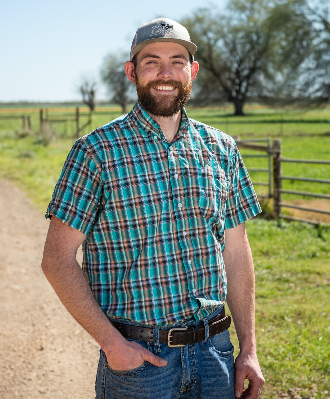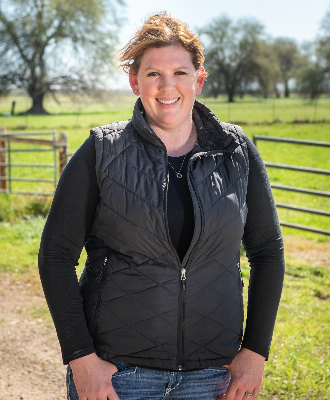BS in Animal Science
Producing leaders through teaching, research and service and inspiring the next generation of animal scientists to meet current and future challenges and opportunities within animal agriculture.
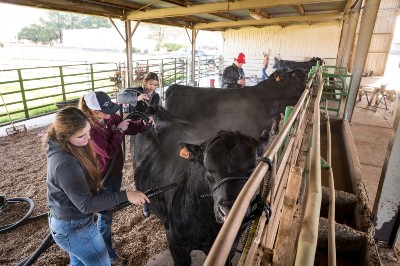
Welcome!
Our mission is to deliver high quality undergraduate education that will prepare graduates for diverse career opportunities within the food, animal and fiber industry. We have a diverse, talented faculty that specialize in nutrition, reproduction, physiology, meats, and behavior as well as each faculty member has experience in one of the livestock species (beef, sheep, swine, dairy). Our faculty are outstanding teachers and are involved in applied, relevant research in their fields.
The Bachelor of Science in Animal Science is a science-based program stressing production and management of livestock, with an emphasis on food animal nutrition, reproduction, genetics, and growth. The major in Animal Science is a designed to provide the student with a sound foundation in the science upon which the production of food animals depends. Student learn to integrate business, animal production, plant production, and issues which face the agricultural industry in today's sensitive food production environment.
Students who choose to major in Animal Science will take a foundation of classes in Animal Science, Plant Science, Agribusiness, and Statistics. It is essential for any student of agriculture to understand the interactions of animals, plants, the environment and to be able to make sound business decisions. Animal Science students are also required to take production classes (in the major areas of beef, sheep, swine, dairy, and meats). Developing an understanding of the plant-animal-soil interface is essential, therefore students must also take a class that has ecological principles (Ecology, Range, or Forages). Students have a variety of space in their curriculum for electives that can allow them to tailor their programs to fit their career goals.
What Career Paths Do Our Students Take?
Many of our students are interested in pursuing careers in veterinary medicine. We have a program that allows students interested in veterinary medicine to meet the basic vet school requirements, in a timely fashion. What makes our program unique is the quantity of large animal exposure our students receive. Our program is structured around large, food-producing animals like beef cattle, dairy cattle, sheep and pigs, and as a result, students in our program have the chance to work with these animals. Our faculty are experts in large, food animal production and management and that is the focus of our program!
Our Goals for Your Experience at Chico State!
- Provide a high-quality undergraduate Animal Science program through innovative pedagogy, experiential learning, and relevant scholarship.
- Students will be technically competent in core animal science disciplines (nutrition, health, reproduction, genetics, behavior, meats, food safety, and public health, and animal well-being).
- Students will be technically competent in one or more food animal species (beef, sheep, swine or dairy)
- Enrich Animal Science student well-being and promote civic engagement through industry partnerships, internships, and co-curricular experiences.
- Provide students opportunities to be on competitive teams (AQ, Livestock, Meats, Rangeland Cup, etc.)
- Counsel our students not just on academics, but also internship and career opportunities
- Integrate current, relevant issues throughout the curriculum
- Honor the distinct values, beliefs, values, identities, and cultures of our students, faculty, staff, and community.
- Drive intellectual curiosity and inclusion by integrating under-represented students in applied research and creative works that address important issues in animal agriculture.
- Integrate research throughout our curriculum (reading literature, research design, applied research).
- Increase opportunities for students to present scientific information (local, state, national).
- Integrate regenerative and sustainable food animal production methods throughout the curriculum to ensure wise stewardship of resources and to improve ecological processes.
- Students will define the impact of livestock production practices and methods on agricultural landscapes and within ecological systems.
Faculty
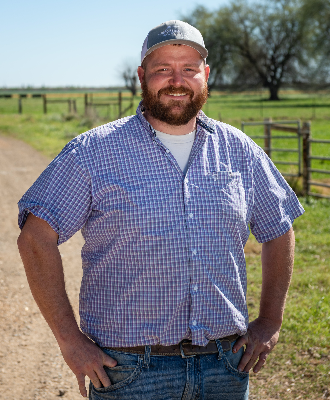
Swine and Sheep Herdsman
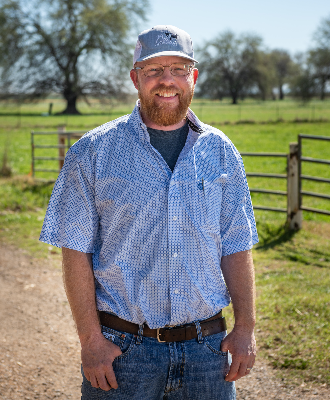
Beef Herdsman
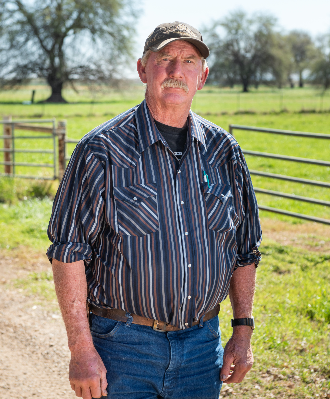
Organic Dairy Technician

